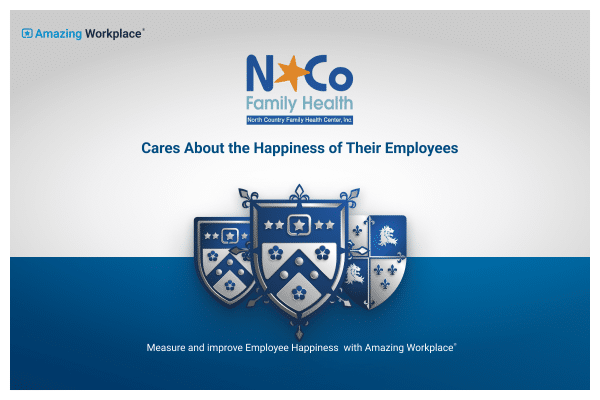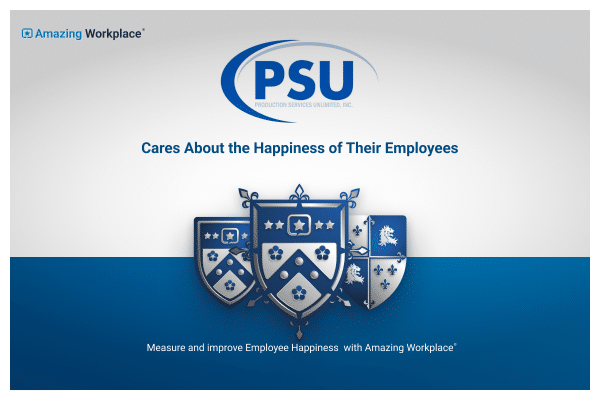Signs of a Toxic Work Culture
How can you spot the signs of a toxic workplace culture, and what can you do to improve it?

Historically speaking, no one paid much attention to the workplace environment or the culture of a business, and the sentiment of the people working there. You were expected to show up, do your job, and not complain. The general feeling about work was that it was well, work. It was not considered a place where you were expected to feel good or be happy.
Even the idea of “being a team player” had an insinuation that you were going to experience something unpleasant, but for the greater good of the company.
That concept is waning. And it’s not out of a sense of pure goodwill. Companies have realized that they had better listen to how their employees feel about being at work and doing their jobs, and if it falls short of employee approvals, then something should be done about it.
On the flip side, there has been a lot of attention recently on the concept of a toxic workplace. First, it is important to understand what a “Toxic Work Culture” is and how it gets that way.
Fortunately, we don’t have to look very far to find out if our work environment is toxic — your fellow professionals will let you know about it. It’s not just bad energy in the workplace, there are distinct, observable signals that you can be on the lookout for.
Productivity
Deadlines won’t be met regularly, gossip and rumors are alive and well in the office, and you constantly have to have smaller debrief meetings to follow up actual meetings so you can decode passive-aggressive comments made in the scheduled meetings.
Employee Turnover
Having a revolving door of employees is costly. It is estimated that employee turnover costs the US economy around 30 Billion dollars every year. Not only does your productivity suffer when someone steps away unexpectedly, but you now have to find someone new, train them, and get them up to speed in that position.
Complaints
It’s one issue if there is an employee with a constant stream of unfounded grievances, but when your regularly scheduled programming gets interrupted by a deluge of comments and problems from your normally productive and cohesive staff, then you have a real toxic issue brewing under the surface.
Lack of Communication
Sometimes no news isn’t always good news. When you have a breakdown of communication in a workplace, there are often severe and negative outcomes. Communication is the yardstick that one could measure the productivity and positive culture of a workplace. If employees are communicating well with each other, and leadership, and everyone is giving and receiving information needed to get the job done, then you’re looking at a company that is humming along quite well.
As soon as that starts to crack and fall apart, then productivity suffers, your bottom line suffers, morale of the staff suffers, and so on down the line.
In any group, the sum of its parts is made up of individuals. And individual personalities are bound to clash now and again, but when you have people, particularly people in leadership and influential positions who are working in opposition to the greater good of the group, then you have a very real problem on your hands.
In toxic workplace cultures, people do not feel emotionally and psychologically safe, and ultimately, the business suffers. Rebuilding trust and a safe place to work is possible though. Steady, consistent focus in the right places will help you regain a foothold in the right places and your efforts to improve will start to show results.
What can you do?
One of the first and most important things to do is accept that you, as an executive or someone in a leadership position, are responsible for the wellbeing of your employees and that the culture is something that you are accountable for.
When it comes to identifying any person in your company who is actively contributing to the toxic work culture, you might find that they’re busy doing things behind the scenes that are terminatable offenses, and if so, then you can send them on their merry way and improve the general temperature of the office immediately.
Short of that, it is essential to openly talk with your colleagues about what a more ideal culture would look and feel like. Getting company policies in place that can not only improve the culture but also safeguard the wellbeing of employees is a massive step in the right direction.
Identifying those things that are causing distress and contributing to dissatisfaction among the troops is the only way to confront them and find positive solutions that will create a better environment for all.
There should be a conversation where there are no wrong answers. Air out the grievances and allow everyone to be heard. The purpose should be to make the work experience better, and everyone should know that you’re all there to brainstorm ways to improve. As long as that is in place, and everyone is on board with that intent, then positivity will result, even if there are items to be discussed that are currently causing negative feelings. The goal is to improve.
Talk with your team members about how you can institute a culture of respect, openness, consistency, integrity, credibility, and fairness. All these things are critical in rebuilding an environment where employees feel cared for, heard, acknowledged, respected, and valued.
Communication is vital to transforming your culture from one that causes emotional discontent to one that encourages the group to thrive as a whole.


